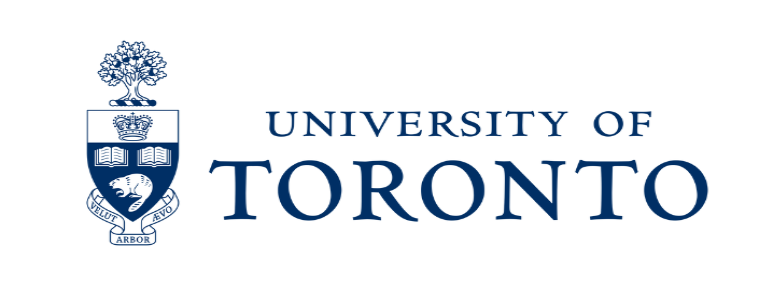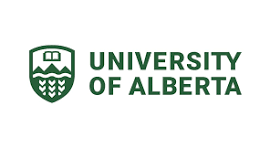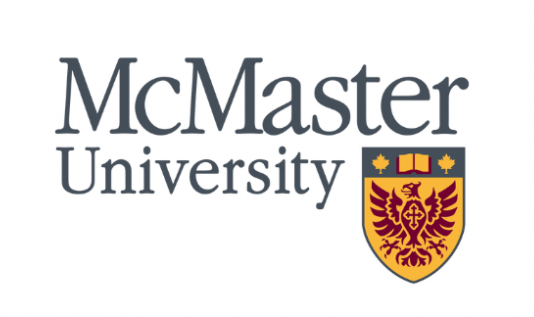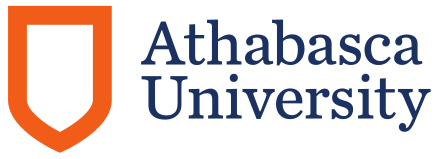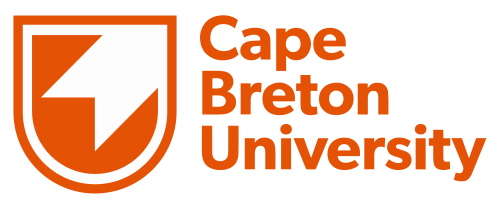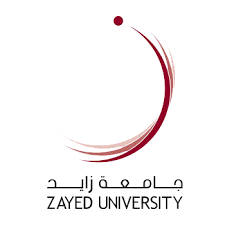Study In Canada
Canada is a bilingual country, studying here is an excellent way to improve your language skills while also the chances of landing a rewarding job. Coursework in French and English is an important feature of Canada’s educational system since it enriches the country’s cultural and social life. Canadian college and university diplomas are globally recognized. Cross-disciplinary learning and the development of transferable skills (e.g., critical reasoning, organization, and communication systems) are encouraged in the Canadian educational system, which also employs cutting-edge technologies and digital media. Students with a degree from a Canadian post-secondary school who want to acquire professional experience can apply to the Canadian government’s internship program. This is a great way to remain in Canada while improving and diversifying your technical skills.
Canada has an enviable quality of life, with lower costs of living (e.g., accommodation, transportation, and tuition) than other countries such as the United States, France, and the United Kingdom, as well as protection, security, and reverence for individual and community rights.

.png)
